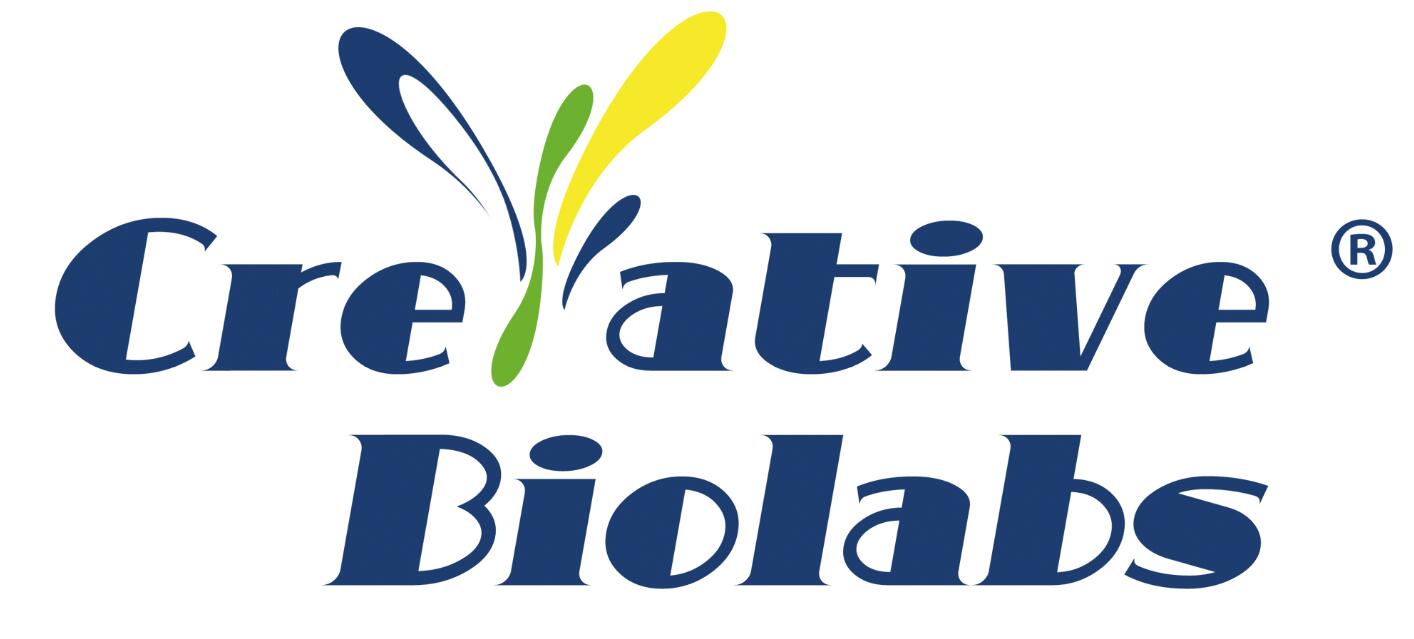In a new study, researchers from Emory University revealed that cancer-causing mutations result in widespread distortions in protein-protein interaction networks in cells. The findings were recently published online in the journal Cell. “A mutation that causes cancer is an altered protein-protein interaction network. The mutation may form a new epitope—a new interaction surface,” said Dr. Fu, the corresponding author of the paper. “Such single protein residue changes can rewire the cell, leading it down the path of an oncogenic program.”
The authors mapped altered protein-protein interactions caused by mutations in major cancer-related genes such as BRAF, AKT1, SPOP, and SMAD4. They dubbed these new mutant-enhanced protein-protein interactions “neomorph-protein-protein interactions (neoPPIs)”. The new study led to the identification of neoPPIs that are ubiquitous in cancer, revealing potential tumor-selective drug targets.
In a case study, the authors showed how the common gene BRAF mutation V600E discovered in most melanomas, as well as lung and colon cancers, triggers a novel interaction between the protein encoded by BRAF and a redox-regulated protein, KEAP1. How V600E distorts other aspects of cellular metabolism has been studied, which was not previously known.
Due to this mutation and sequestration of KEAP1, cancer cells produce more oxidoreductase NQO1, thus creating an opportunity to poison cancer cells by giving them compounds that NQO1 can convert into toxic substances. Subsequently, the authors found that BRAF-mutated cancer cells were more sensitive to the compound DNQ (deoxynyboquinone).
There are already targeted therapies for the BRAF V600E mutation, such as vemurafenib, which was approved by the U.S. Food and Drug Administration (FDA) in 2011. However, cancers respond differently to drugs such as vemurafenib, and in most cases eventually develop resistance. Information in this new study may shed light on new strategies for overcoming resistance to such drugs or other weak links in the BRAF pathway.
Schematic of neomorph-protein-protein interaction. (Mo, 2022)
Dr Fu said, “The Cancer Genomics Program has collected a lot of data on cancer-associated mutations. The challenge is: for a given mutation, how can we rapidly translate this knowledge into more mechanistic understanding and genotype-driven approaches to cancer therapy? This is one way we can move towards this goal.”
To determine the neoPPI caused by a single amino acid residue change, the authors tested a mutant protein’s ability to bind a cancer-associated protein compared to its wild-type counterpart. They also incorporated a computational algorithm to expose the interactions caused by mutations. They also used other biochemical and cellular tests to verify whether the two proteins under study, such as BRAF and KEAP1, actually interact in the relevant cancer cells.
The authors extend this new study and map altered protein-protein interactions resulting from mutations in other cancer-related genes such as P53, PTEN, and EGFR, and provide the data to the cancer research community. Dr. Fu noted that the method they described could also be used to identify neoPPI targets caused by mutations critical to other human diseases.

